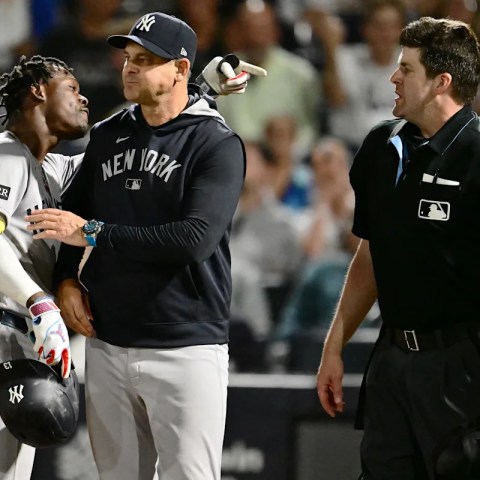Gérard Depardieu’s Sexual Assault Trial: A Turning Point for France?
Gérard Depardieu, the iconic French actor, stands at the center of a significant legal battle. On the brink of receiving a verdict regarding allegations of sexual assault from two women on the set of his 2022 film Les Volets Verts, this case has captured widespread attention.
In France, this trial symbolizes more than just an individual issue. It serves as a litmus test for the country’s commitment to tackling sexual violence. Advocates for women’s rights believe the outcome could signal a shift in how society responds to such allegations.
Carine Durrieu-Diebolt, a lawyer for one of the plaintiffs, noted, “A guilty verdict would be a victory for all women who have been silenced.” This reflects the broader sentiment that many are hopeful for justice, despite past instances where women’s voices were marginalized.
The legal troubles surrounding Depardieu are extensive. Over 20 other women have come forward with serious accusations against him, including groping and harassment. However, only these two cases made it to trial due to the legal time limits.
While the trial faced multiple delays, it finally commenced in March 2025. Depardieu, during court proceedings, claimed that if he touched the women, it wasn’t meant to be sexual. He went on to say he refrains from interacting closely with women to avoid misunderstandings.
In an emotional open letter published in October 2023, Depardieu denied all accusations, describing them as a “lynching.” His defense tactics drew criticism as well. Nearly 200 French lawyers condemned aggressive questioning tactics used against the plaintiffs as sexist and abusive, which has sparked important conversations about how to treat victims in court.
Prosecutors have asked for an 18-month suspended sentence and a fine of up to €200,000 (about $221,000). Despite these serious allegations, Depardieu has continued to work and even received support from influential figures, including French President Emmanuel Macron. Macron publicly defended Depardieu, labeling the situation a “witch hunt,” a statement that prompted backlash and led him to later assure the public he remains firmly against sexual violence.
This case highlights a larger systemic issue. A recent French parliamentary report found that sexual violence and harassment remain widespread in the entertainment industry, revealing a troubling culture of denial.
Elodie Tuaillon-Hibon, a lawyer specializing in sexual violence, remarked, “Depardieu represents what we no longer want in France. This so-called ‘gallantry’ is often simply harassment.” The upcoming verdict is not just pivotal for the women involved; it could potentially reshape how French society responds to sexual violence going forward.
For those following the case, the outcome will be closely watched, representing a crucial moment in the ongoing battle for women’s rights in France.




















